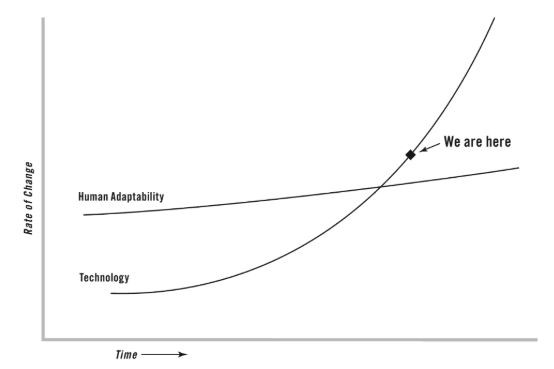Healthcare informatics (HI) professionals are primarily concerned with how information is managed, stored, and disseminated. Naturally, this would entail that they know about computer software and applications related to the healthcare industry. On the surface this would be the reminder systems, EHRs, data repositories, coding, et. Although important, they need to think broadly about business application and how their work affects stakeholders.
The data HI professionals produce is sensitive and touches on people personally. For example, in the study “Improving Palliative Care With Deep Learning”, it used prediction models for when someone would need palliative care. The study used terms like “death dates” and discussed scoring models to predict hospital mortality risk (Avati, Jung, Harman, Downing, & Ng, 2018, pp. 56, 58). The study may have value but placing a bet on someone’s death to reduce costs may not be moral. Unlike algorithms used by Amazon and Facebook to sell ads and consumer goods, healthcare is more of a “need” than a “want”.
HI professionals should also be aware that the product they produce may not be completely objective. Algorithms have been known to have built-in biases. For example, if all past CEO’s of a company were white males and went to certain schools, an algorithm could have that bias built into it making it difficult for someone of another demographic to move up in the company (Vanian, 2018). It is not difficult to imagine a world of algorithms predicting who deserves better care based on their insurance carrier or the likelihood they can pay their deductible.
There’s a lot of emphasis on technology and how we have to learn faster to catch up. Thomas Friedman’s book, Thank You for Being Late, showed a chart of how technology has been evolving exponentially faster than humans can keep up (Friedman, 2017, p. 33).

The chase to keep pace with technology, efficiency, information, and costs savings important. However, HI professionals should not lose sight of who the information is for and who it impacts.
References
Avati, A., Jung, K., Harman, S., Downing, L., & Ng, A. (2018). Improving palliative care with deep learning. BMC Medical Informatics and Decision Making, 18, 55-64. http://dx.doi.org/10.1186/s12911-018-0677-8
Friedman, T. (2017). Thank You for Being Late: An Optimist’s Guide to Thriving in the Age of Accelerations. New York: Picador.
Vanian, J. (2018, June 25). Unmasking A.I.’s Bias Problem. Retrieved January 23, 2020, from Fortune website: https://fortune.com/longform/ai-bias-problem/